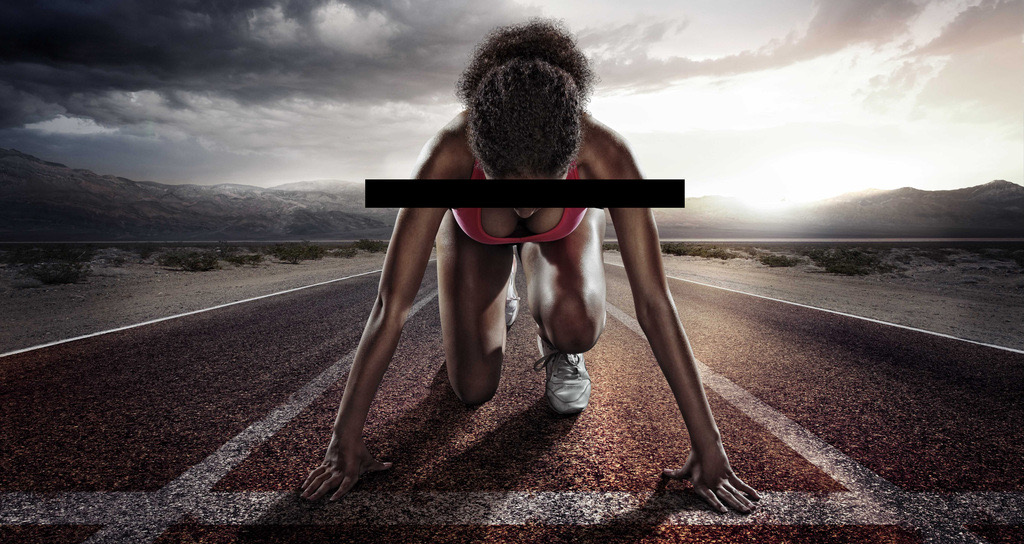A once little-known doctor has now become infamous to many who hear his name. In 2016, Larry Nasser, the former US Gymnastics Women’s National Team doctor, had hundreds of former gymnasts come forward and credibly accuse him of sexual assault. When the allegations were first reported, former President of US Gymnastics, Stephen Penny, swept them under the rug. The now-convicted doctor and institution are not the only ones in women’s sports that have abused their position in power and failed to protect the athletes.
A Recurring Theme
In June 2021, Syracuse Women’s Basketball Head Coach, Quentin Hillsman was accused of abuse from former players and staff members. Syracuse is a top 5 rated team in women’s basketball, but according to The Athletic, a total of 11 players had announced they were leaving the program. Amongst these players was the team’s leading scorer, Kiara Lewis and ACC Rookie of the Year, Kamilla Cardoso. A statement from the New York Post indicated that players had previously reported Hillsman’s abuse to the school, but nothing was done. “One player listed out all her complaints and allegations in an online questionnaire provided to her by a Syracuse administrator. No one ever followed up with her.”
More recently, a similar situation happened to two former National Women’s Soccer League professional players. Paul Riley, former North Carolina Courage Head Coach, was accused of sexual and verbal abuse. The NWSL was made aware of this and still decided to hire him, even after he had been fired from the Portland Thorns for the same allegations. According to ESPN, “Four different coaches, all men, have been fired in just the past four months for off-field reasons, including alleged sexual misconduct, verbal abuse, toxic work environments and racist remarks. Even worse, in almost every case, the coach’s problematic behavior had been known before his hiring — there were patterns, not one-offs — but those teams hired them anyway.”
In a statement made in the New York Times, players are concerned about how the NWSL and professional teams are handling workplace harassment, especially since many allegations were reported and investigated by the NWSL. Still, only when players went public with their stories did the league decide to fire these coaches.
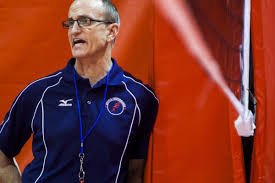
Rick Butler, former Head Coach of Illinois Sports Performance Volleyball Club & USA Women’s Volleyball Team, was fired for sexual abuse & rape allegations.
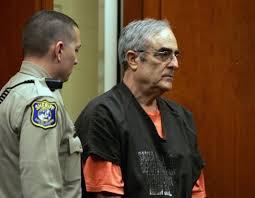
Andrew King, Former USA and Pacific Club swim coach, was fired after being arrested for sexual abuse.
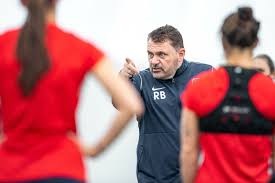
Richie Burke, former Head Coach of the Washington Spirit women’s soccer team, was fired for abuse and racist comments towards players.
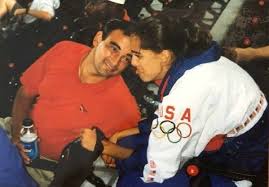
John Rembao, previous assistant track & field coach at Standford, Arizona, and Texas (also worked for team USA), former head coach at Los Gatos High School, accused of sexual assault – resigned for reasons unrelated to these allegations, according to him.
Why Does This Keep Happening?
Why are institutions willing to turn a blind eye to abuse allegations made against male coaches? This continuing pattern of neglect is accepted because corporations choose to put players in danger of mental, physical and sexual abuse rather than dealing with any risks to the institution’s name or profits. They’re more concerned with winning titles and championships than dealing with the consequences of firing and hiring coaches.
The German Olympic and Paralympic Committee conducted a study in 2020 to research sexual abuse in the sports industry. Of 1,529 elite athletes, 54.2% of athletes had experienced some form of sexual abuse during their lifetime. 48% of the victims were abused in and out of their sport.
According to a 2011 report researched by Celia Brackenridge, a professor at Brunel University, out of 78 cases of swimmers in the UK, 49% of sexual abusers were authoritative figures (coaches, trainers, club officials, etc.). All were male. The report also stated that 25% had experienced or knew someone who experienced sexual harassment or abuse in their sport out of a sample of Danish athletes and coaches.
Many of these institutions are now implementing new policies to better ensure the safety of each athlete, but the players want more than empty promises; they want action and tangible evidence that the clubs they play for are not going to tolerate any abuse, bias, or discrimination for any reason.
These courageous athletes who stand up to their abusers and the institutions that failed to protect them are paving the way for a better future; not just for athletes, but for society as a whole. Their voices, along with movements like #MeToo, Times Up and Black Lives Matter, not only continue to reveal the horrors of discrimination and abuse, but also bring communities together in unity to seek justice.
DEI in Sports Roundtable Event
To shine more light on this, and other Diversity, Equity, and Inclusion issues in professional sports, we’ve put together a roundtable event with sports industry professionals and athletes on November 12th. The event is free and fully online, so sign up now to join the conversation.
Register for the event
And to lear more about what you can do to end workplace harassment and discrimination, visit https://timesupnow.org.
